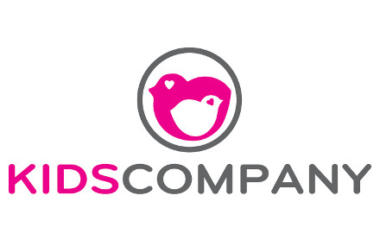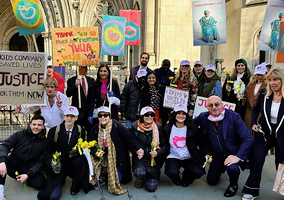The Charity Commission has removed a paragraph on reserves levels from its statutory inquiry report on Kids Company and amended other parts following a judicial review verdict this week.
The verdict, handed down on Tuesday, stated that the commission’s 2022 inquiry report included “irrational” and “unfair” comments with regards to the charity’s “top 25” beneficiaries and its criticism of trustees’ decision to run the charity on a low level of reserves.
However, the judicial review dismissed the remainder of the challenge from Kid’s Company’s former clinical director, Michael-Karim Kerman, and upheld the report’s other criticisms of the charity.
Justice Sheldon, meanwhile, made no order as to costs and said: “In substantive terms, it seems to me that there was no overall winner or loser in this case.”
In response to the judicial review, the commission has now amended three paragraphs of the 2022 report and removed another.
Further references to 2021 ruling
The commission has added several references to a 2021 High Court ruling, which cleared Kids Company’s late founder Camilla Batmanghelidjh and its trustees of being unfit to run the charity.
It added a sentence stating that in the 2021 ruling, the judge stated that the trustees had adequately scrutinised the charity’s expenditure on the “top 25” beneficiaries.
Meanwhile, it removed the sentence: “From the limited information that the inquiry was able to review the commission saw insufficient evidence of the decision making in relation to some of these payments to be satisfied that they were justified or made in the best interests of the charity.”
In its original report, the commission stated that if the charity had had a higher level of reserves, it may have been able to avoid insolvency.
In the amended report, it acknowledges that the previous High Court judgment concluded that “there was no evidence that the charity would have been able to survive notwithstanding the unfounded allegations and that even if the charity had built up reserves equivalent to three months of operating expenditure that would not have been enough for the charity to survive”.
Removed paragraph on reserves
The commission also removed a paragraph from the report, which had stated: “If the charity had had a higher level of reserves then it would have been able to utilise these when the charity faced financial difficulties.
“Higher levels of reserves may have allowed the charity to avoid liquidation and to have wound up in a more orderly fashion or merged with another charity, even if it was determined that it could not continue to operate.
“This would have allowed all relevant records to be maintained and ultimately handed over to another service provider which would have been in the interests of the charity’s beneficiaries.
“A risk of maintaining insufficient reserves is that a charity is more vulnerable to external and variable pressures, such as – in this instance - the public allegations against the charity and the police investigation that followed which resulted in the withdrawal of support from donors.”
Jo Maugham, executive director of Good Law Project, which supported Kerman’s legal challenge, told Civil Society: “It really won't take no for an answer, the Charity Commission.
“Despite the conclusions of the Metropolitan Police and the High Court, twice, it doggedly refuses to apologise for its unfounded attacks on a charity set up by a now dead woman of colour which helped some of the most vulnerable kids in the country.
“This is the sort of behaviour we might expect from the gutter press; we are entitled to better from a publicly funded regulator.”











